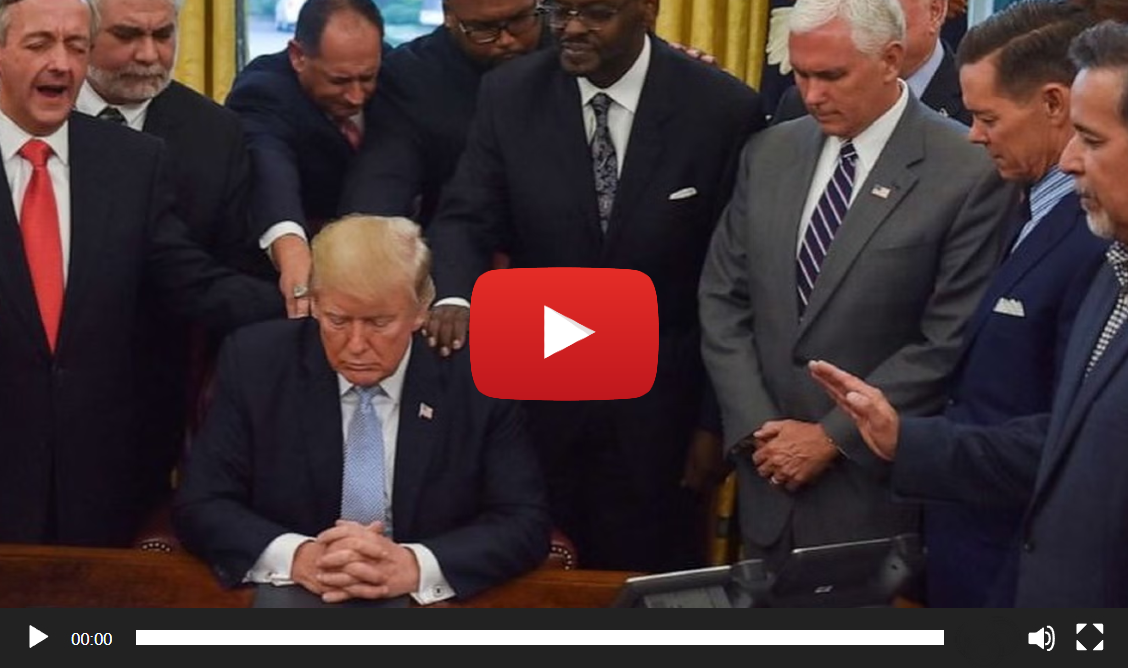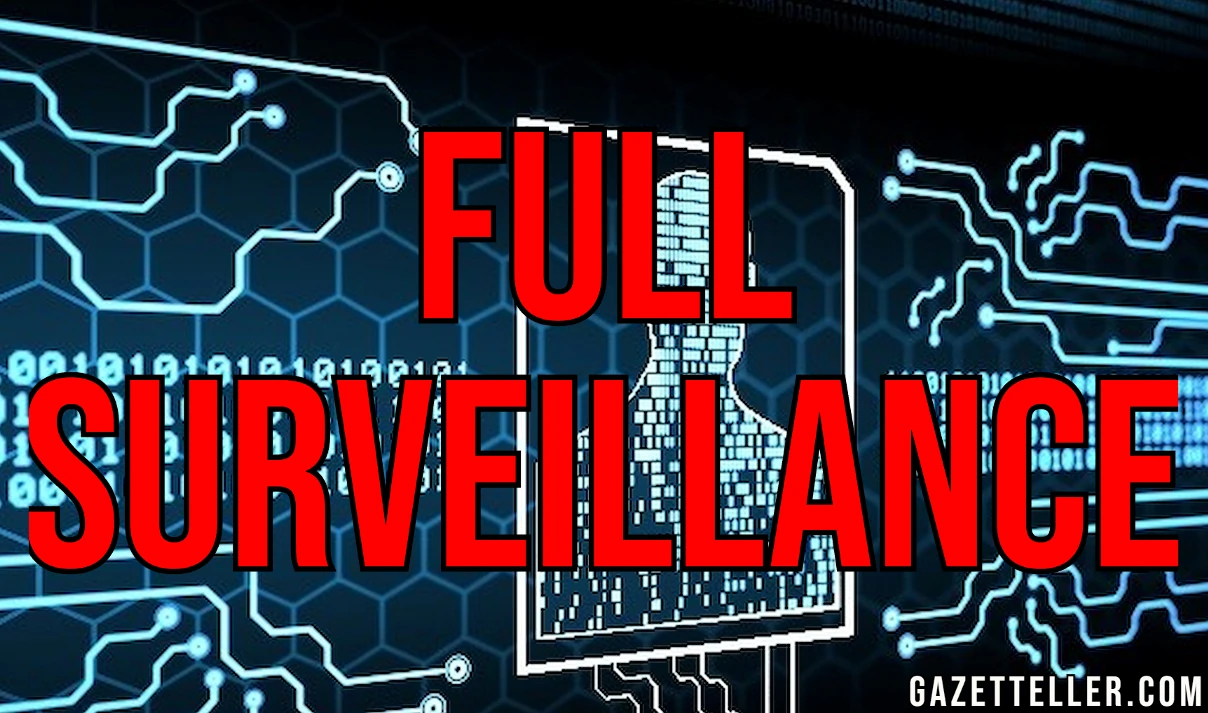Stay informed and uncover the truth with us—they’ve been lying to us for too long. Join our, Telegram Channel. Be part of the revelation.
Let’s cut through the polished veneer of philanthropy and stare down the barrel of what Bill Gates’ latest crusade really represents. Gates is not merely suggesting; he’s bulldozing a path towards a future where the concept of personal freedom is as outdated as a dial-up modem. With a cool $10 million poured into the Modular Open-Source Identification Platform (MOSIP), this isn’t just a pet project—it’s an all-out assault on privacy under the guise of inclusion and progress.
Imagine a world where your identity, your every action, and potentially your very thoughts are an open book, not just to some nebulous government entity but to a cabal of corporations, each with their own murky agendas. This isn’t about helping the 850 million people without IDs; it’s about ensuring that nobody escapes the digital net that Gates and his ilk are casting over the world.
The alliance between the Gates Foundation and the United Nations to peddle this “global solution” reeks of a power play dressed up in humanitarian clothes. They’re selling the idea of a digital ID for every person on Earth as if it’s the cure-all for society’s ills, when in fact, it’s a Trojan horse for unprecedented surveillance and control.
Gone Viral! – The Prayer That’s Guiding Trump’s Fight Against the Deep State for American Freedom!

The MOSIP system, with its roots mirroring India’s controversial Aadhaar initiative, is being touted as a more palatable version of a global digital ID scheme. Yet, the lessons from Aadhaar’s failures—privacy breaches, identity theft, and exclusion—are conveniently glossed over. Instead, we’re fed the narrative that MOSIP will somehow avoid all these pitfalls, a claim that’s as credible as a three-dollar bill.
The push into countries like the Philippines, Ethiopia, and Morocco, deploying over 90 million digital IDs, is just the tip of the iceberg. The ambition to enroll a billion more into this digital panopticon over the next decade reveals the true scale of this invasive agenda. Each digital ID is a link in the chain that binds individuals to a system where their movements, transactions, and interactions are monitored, tracked, and, if deemed necessary, controlled.
The involvement of over 80 vendors in the MOSIP ecosystem multiplies the risks exponentially. Each vendor is a potential weak link, a back door through which personal data can be siphoned, exploited, or mishandled. Yet, we’re expected to trust this sprawling, opaque network with the most intimate details of our lives.
850 million people lack ID that proves their identity. As a result, they're shut out of a lot of services that could change their lives.
— Bill Gates (@BillGates) August 21, 2023
That's why I'm so excited about MOSIP, an open-source technology that could dismantle barriers worldwide. #G20India https://t.co/GmDyic591S
Proponents of this digital dystopia claim that it will foster economic growth and streamline transactions, parroting the World Economic Forum’s rhetoric about the benefits of a cashless society. But let’s not kid ourselves; this is about control, pure and simple. A digital ID tied to every aspect of your life—from banking to social media—gives an unprecedented level of power to those who hold the keys to the system.
The narrative being spun by Gates, the UN, and the WEF is one of a bright, inclusive future, but the subtext is clear: comply or be marginalized. In their world, privacy is a relic, autonomy a myth, and freedom a conditional privilege granted by those who monitor the digital ledgers of our lives.
As we approach the “Summit for the Future,” it’s crucial to recognize this for what it is: an agenda that seeks not to uplift humanity, but to tether it to a digital leash. It’s a vision of the future where individuality is sacrificed on the altar of efficiency, and where dissent is stifled by the digital shackles of conformity. This isn’t progress; it’s a regression into a technocratic feudalism, and it’s a fight not just for privacy, but for the very essence of what it means to be free.




